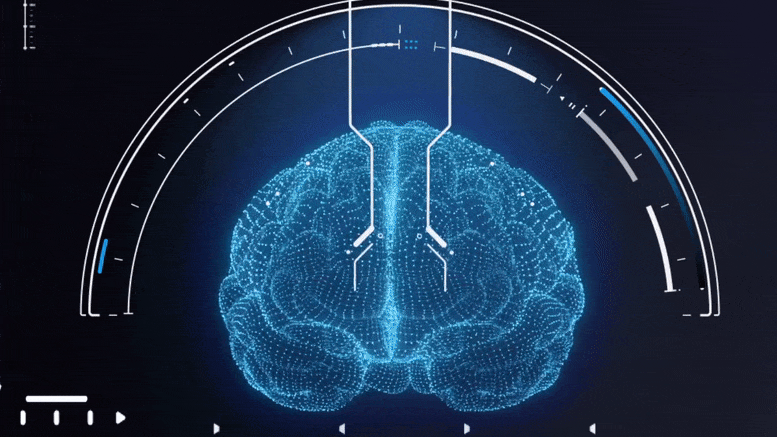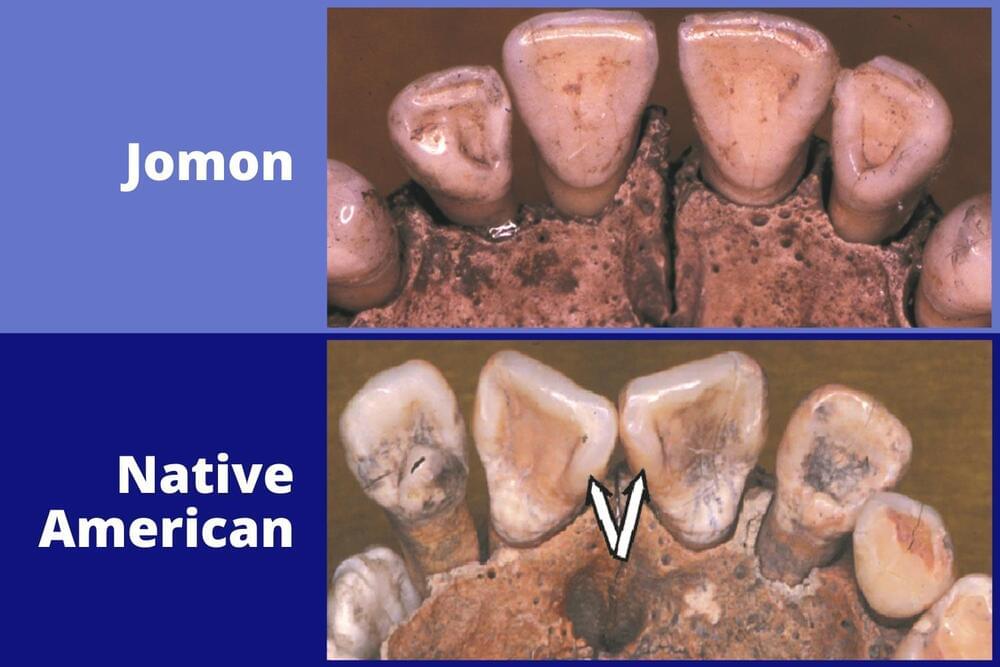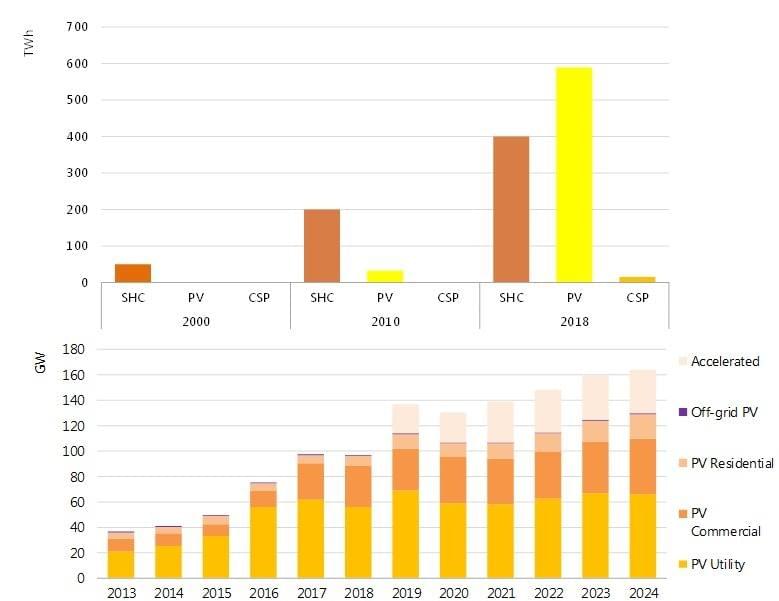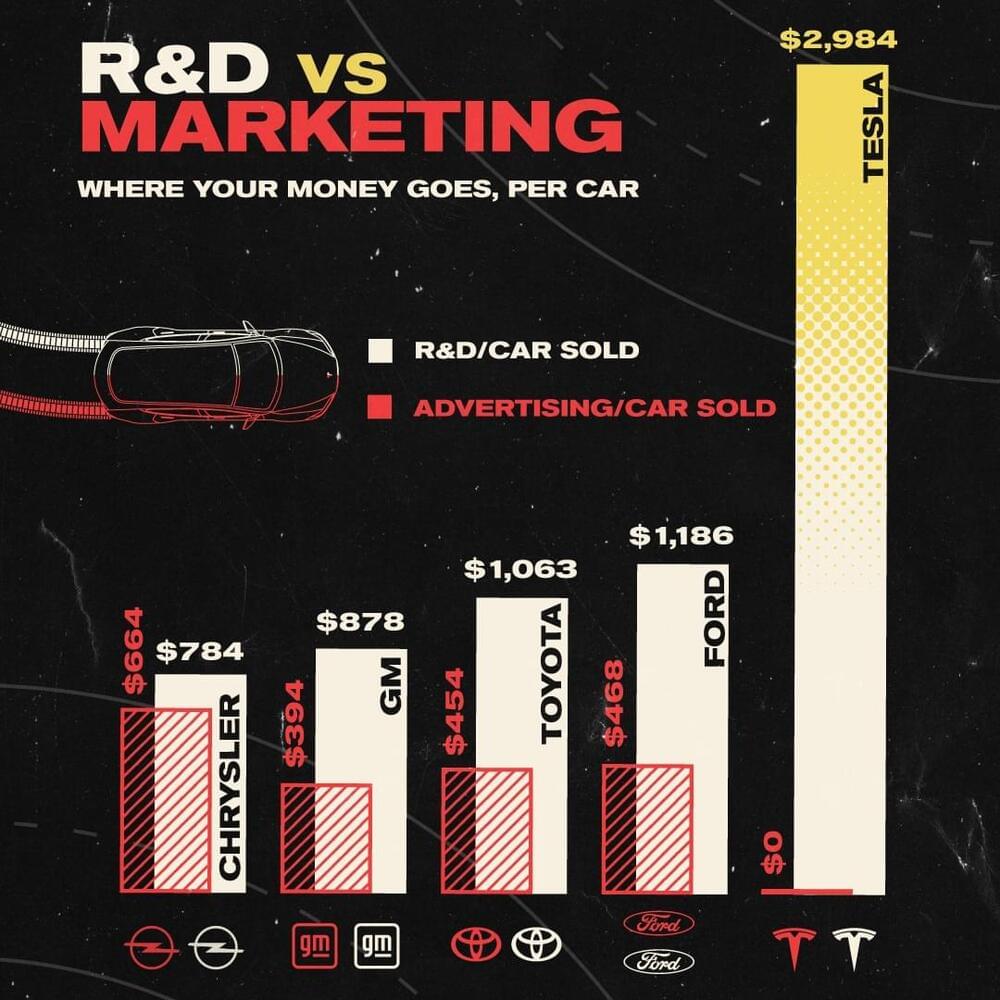Many people reject scientific expertise and prefer ideology to facts. Lee McIntyre argues that anyone can and should fight back against science deniers.
Watch the Q&A: https://youtu.be/2jTiXCLzMv4
Lee’s book “How to Talk to a Science Denier” is out now: https://geni.us/leemcintyre.
“Climate change is a hoax—and so is coronavirus.” “Vaccines are bad for you.” Many people may believe such statements, but how can scientists and informed citizens convince these ‘science deniers’ that their beliefs are mistaken?
Join Lee McIntyre as he draws on his own experience, including a visit to a Flat Earth convention as well as academic research, to explain the common themes of science denialism.
Lee McIntyre is a Research Fellow at the Center for Philosophy and History of Science at Boston University and an Instructor in Ethics at Harvard Extension School. He holds a B.A. from Wesleyan University and a Ph.D. in Philosophy from the University of Michigan (Ann Arbor). He has taught philosophy at Colgate University (where he won the Fraternity and Sorority Faculty Award for Excellence in Teaching Philosophy), Boston University, Tufts Experimental College, Simmons College, and Harvard Extension School (where he received the Dean’s Letter of Commendation for Distinguished Teaching). Formerly Executive Director of the Institute for Quantitative Social Science at Harvard University, he has also served as a policy advisor to the Executive Dean of the Faculty of Arts and Sciences at Harvard and as Associate Editor in the Research Department of the Federal Reserve Bank of Boston.
This talk was recorded on 24 August 2021.
–





